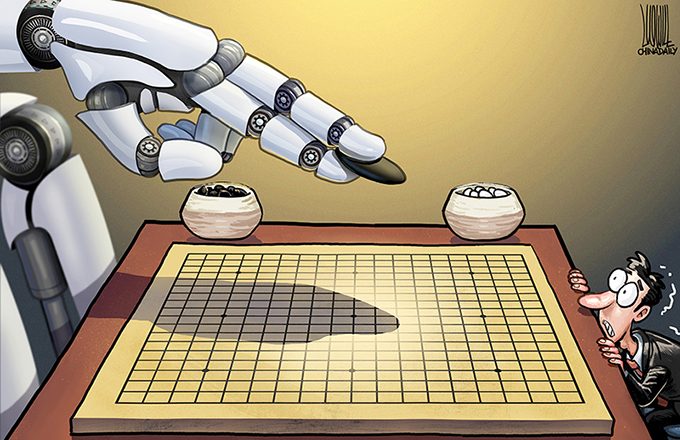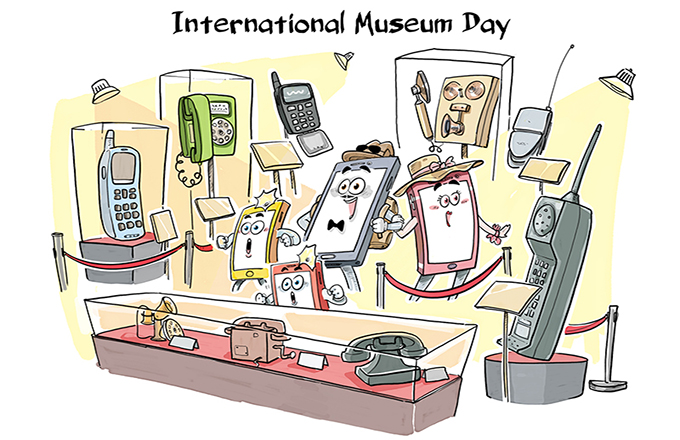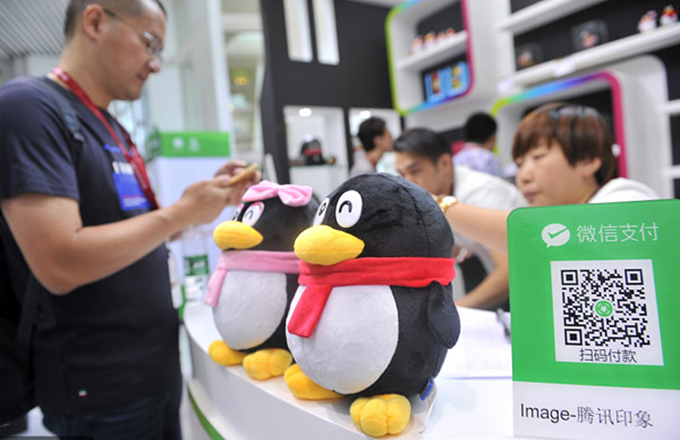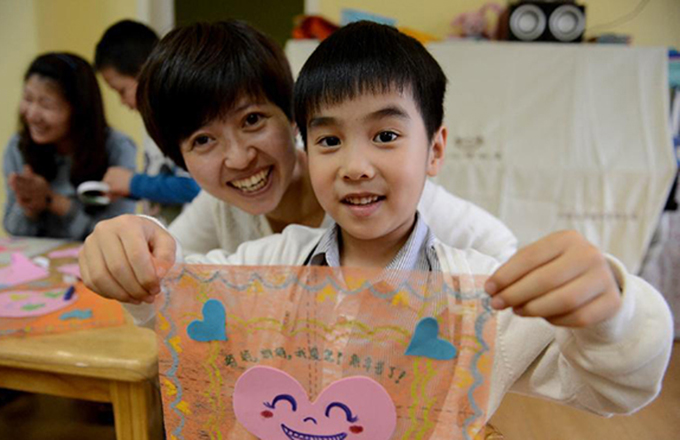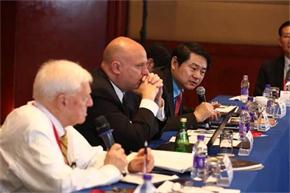Trade war averted, but warnings of more friction ahead
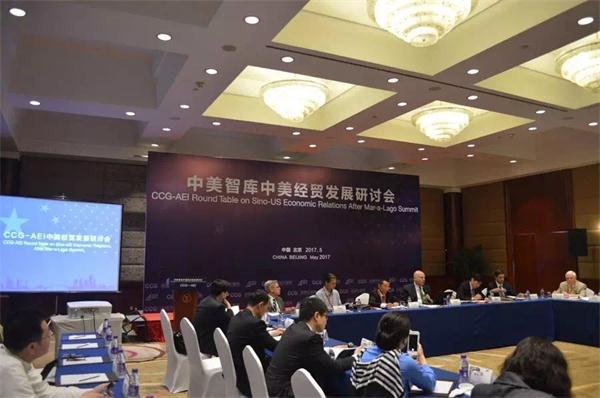 |
|
CCG-AEI Round table on Sino-US Economic Relations is held in Beijing on May 18. [Photo provided to chinadaily.com.cn] |
Donald Trump's administration has hailed warming relations with China as details of a new trade deal between China and the United States were released following a meeting between the two leaders at the US president's Florida resort last month.
The deal demonstrates both nations' confidence in economic cooperation and helps to avert bilateral trade friction.
Trump has long been focused on the trade deficit, the excess of imports over exports, as a sign of failing US competitiveness abroad. He particularly targeted China during his election campaign, accusing China of causing the loss of millions of factory jobs and vowing to impose a 45 percent tariff on imports from China. His comments cast a shadow over Sino-US economic and trade relations and led to fears of a trade war after his election.
However, since taking office, Trump has realized the harm of a possible confrontation between the two sides and chosen the smart option of cooperation. Trump's choice is encouraging and enables the world to breathe a sigh of relief.
Wang Huiyao, president of the Center for China and Globalization, a Chinese think tank, praised the trade agreement in a seminar on Sino-US trade cooperation held in Beijing last week. He said it was the first step in a long term strategy that will eventually open China's market to US industries, and that by establishing these friendlier trade ties now, the stage will be set for better negotiations on serious issues later. He also marveled at not only how quickly the deal was agreed upon, but how soon it will go into effect. These types of trade deals typically take months or years, rather than weeks.
CCG senior fellow Jiang Shan echoes Wang's sentiments, saying that the deal is excellent news because it creates momentum for Sino-US bilateral cooperation. It will be conducive to strengthening mutual trust, reducing economic and trade friction, lowering uncertainties in the global economy and financial markets, and charting the course of China-US relations in decades to come.
While many see the deal as a positive advancement, some experts from both countries are warning that plenty of friction still lies ahead and there is a need for a more balanced trade relationship.
Huo Jianguo, former president of the Chinese Academy of International Trade and Economic Cooperation and CCG senior fellow, says the US trade deficit is a problem – but not for the reasons that Trump and other critics seem to think.








